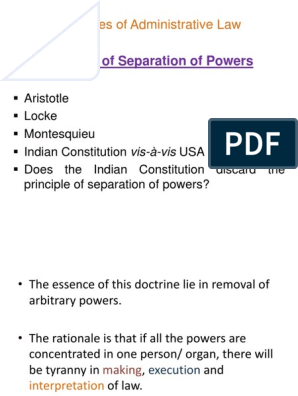0% found this document useful (0 votes)
54 views13 pagesCRM-M 14140 2023 24 09 2024 Interim Order
The document discusses two connected cases in the High Court of Punjab & Haryana regarding the interpretation of Section 143-A of the Negotiable Instruments Act, which pertains to the awarding of interim compensation in cheque dishonor cases. The court is tasked with determining whether the provision is mandatory or merely directory, and references a Supreme Court judgment that clarifies the nature of the provision and the implications of its enforcement. The document highlights the legal complexities involved in interim compensation and the potential consequences for the accused if the provision is interpreted as mandatory.
Uploaded by
j87286079Copyright
© © All Rights Reserved
We take content rights seriously. If you suspect this is your content, claim it here.
Available Formats
Download as PDF, TXT or read online on Scribd
0% found this document useful (0 votes)
54 views13 pagesCRM-M 14140 2023 24 09 2024 Interim Order
The document discusses two connected cases in the High Court of Punjab & Haryana regarding the interpretation of Section 143-A of the Negotiable Instruments Act, which pertains to the awarding of interim compensation in cheque dishonor cases. The court is tasked with determining whether the provision is mandatory or merely directory, and references a Supreme Court judgment that clarifies the nature of the provision and the implications of its enforcement. The document highlights the legal complexities involved in interim compensation and the potential consequences for the accused if the provision is interpreted as mandatory.
Uploaded by
j87286079Copyright
© © All Rights Reserved
We take content rights seriously. If you suspect this is your content, claim it here.
Available Formats
Download as PDF, TXT or read online on Scribd
/ 13































































































